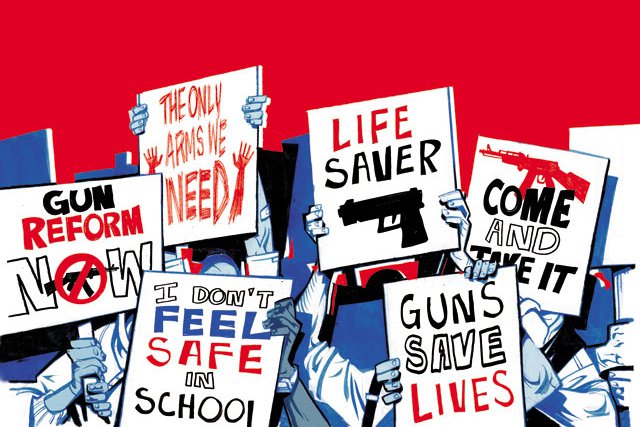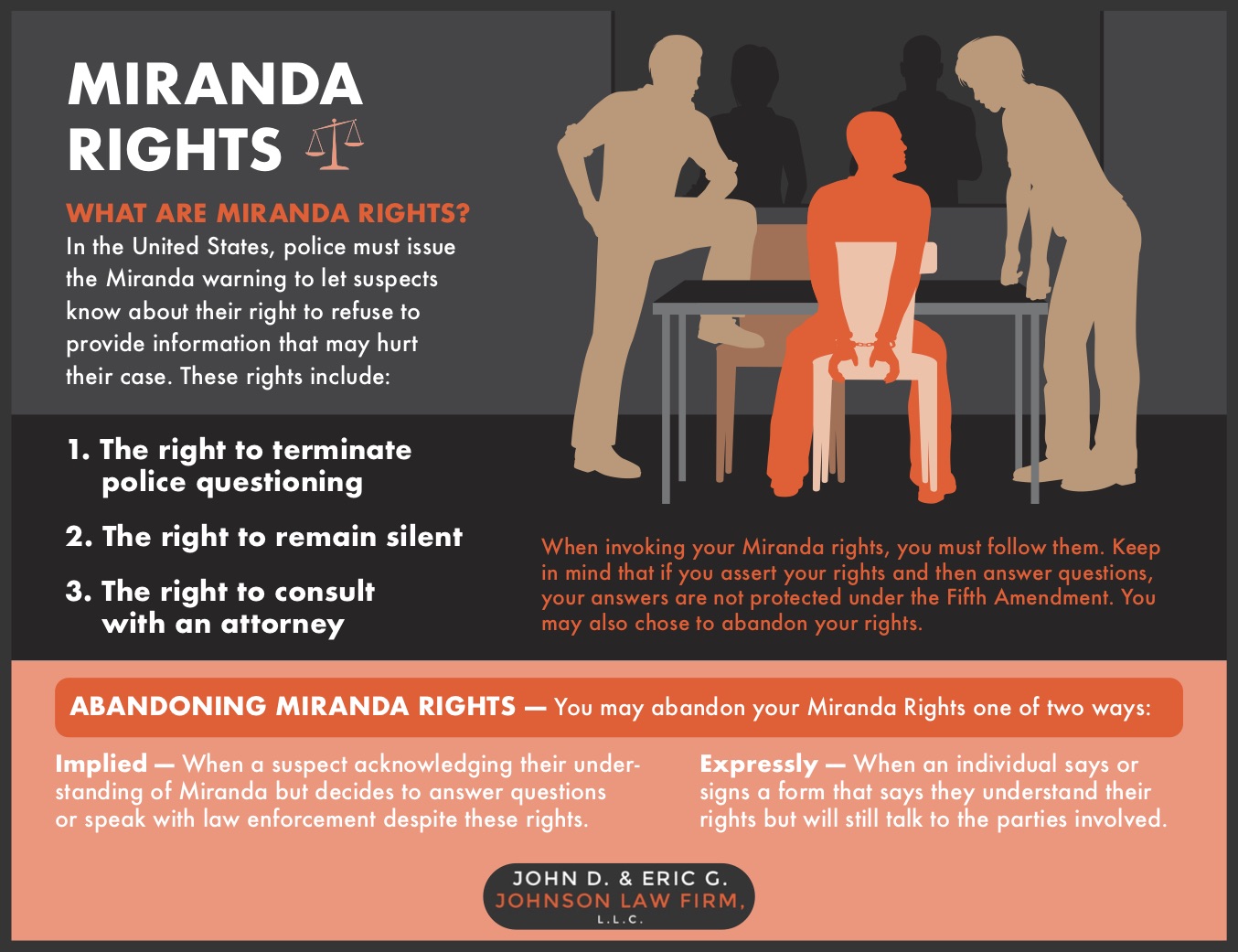Amendment I
The first amendment guarantees our five basic human rights: our freedom of speech, petition, press, assembly, and religion. We can freely criticize our government, peacefully assemble and protest, petition our government for change, and practice your religion of choice. Congress cannot make laws that prohibit any of these rights.

















